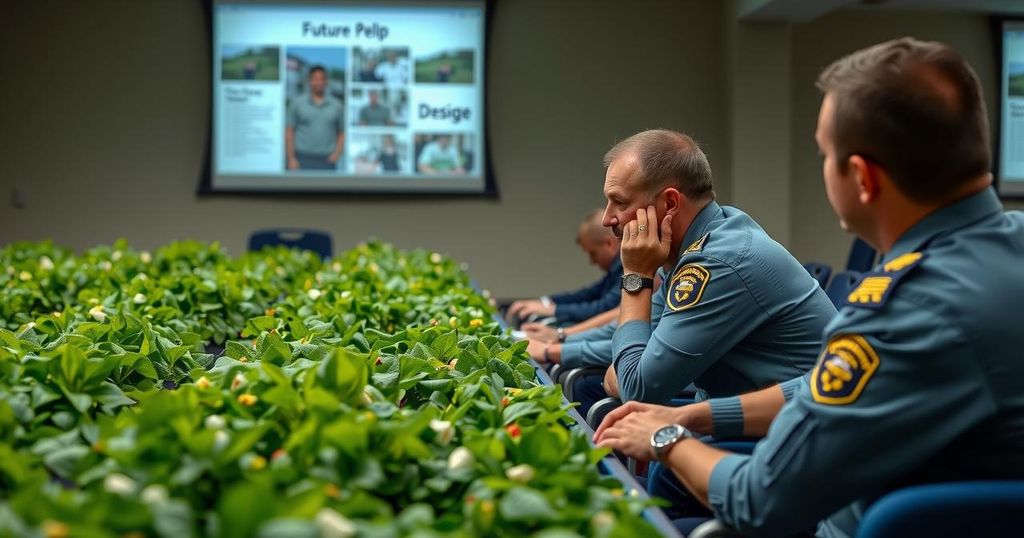Significance of Agriculture in the Upcoming COP30 Climate Discussions
The COP30 in Brazil is set to prioritize agriculture in climate change discussions due to its role as a significant source of emissions and a vulnerable sector to climate impacts. The previous COP29 yielded mixed outcomes regarding direct support for farmers, emphasizing the need for tailored, just strategies to address the unique challenges of diverse agricultural practices, especially in the Global South.
The upcoming United Nations Climate Change Conference (COP30), set to occur in Belem, Brazil, is anticipated to prioritize agriculture within its agenda, recognizing it as both a contributor to and a victim of climate change. Agriculture accounts for an estimated 10-12% of global greenhouse gas emissions due to practices such as livestock farming and deforestation. Moreover, it faces significant risks from climate impacts like rising temperatures and extreme weather, which threaten food security as the world’s population continues to grow.
At the previous conference, COP29, the Food and Agriculture Organization (FAO) played a crucial role in detailing agriculture’s significance in climate discussions. Events such as the Food, Agriculture and Water Day emphasized the importance of technology and climate financing for farmers. Although some progress was made with new carbon market guidelines and the establishment of the Baku Harmoniya Climate Initiative, a commitment to direct support for farmers remained largely unaddressed.
Although COP29 saw the emergence of various initiatives aimed at addressing climate change, it notably lacked a focus on tropical deforestation, which is responsible for a considerable share of global CO2 emissions. Key dialogues highlighted the need for sector-specific strategies, particularly relevant for farmers in diverse regions like India, where agricultural practices vary significantly. The absence of a “Just Transition” approach for agricultural support necessitates urgent attention, particularly for farmers in developing regions who require equitable financing rather than mere technological solutions.
Thus, as COP30 approaches, fostering discussions that tailor climate-smart agricultural practices to specific regional contexts will be paramount. Effective solutions will require a nuanced understanding of the unique challenges different agro-climatic zones present, especially in the Global South. The hope is that this next session will bring a sense of optimism and actionable support for farmers worldwide, especially those most vulnerable to climate change impacts.
The upcoming COP30 is characterized by its proactive approach to tackle climate change through an agricultural lens. Agriculture’s dual role as both a contributor and victim of climate change necessitates a deep dive into its practices and vulnerabilities. With agriculture accounting for a notable percentage of global emissions while also facing severe challenges from climate impacts, the urgency for targeted dialogues and solutions is greater than ever. Furthermore, the FAO’s involvement signifies a concerted effort to integrate agricultural discourse into broader climate action frameworks, emphasizing the sector’s potential as a catalyst for climate solutions.
In summary, the forthcoming COP30 holds significant promise for addressing the intersection of climate change and agriculture. It is essential for discussions to pivot towards understanding the diverse agro-climatic contexts of farmers globally, particularly in the Global South, ensuring that solutions are not only innovative but also just and equitable. By giving precedence to farmers’ financial and technological needs, the conference can foster a more resilient agricultural sector in the wake of climate change.
Original Source: www.outlookbusiness.com




Post Comment